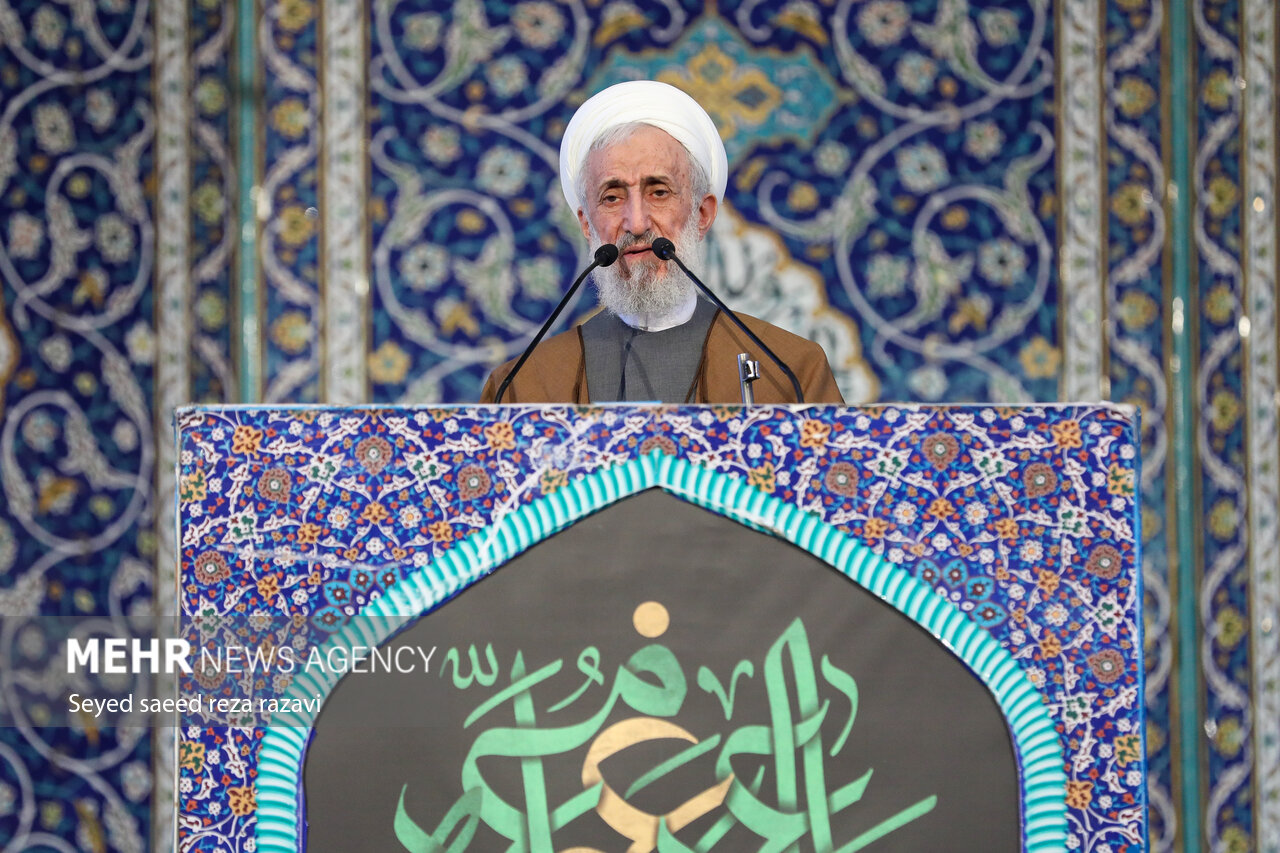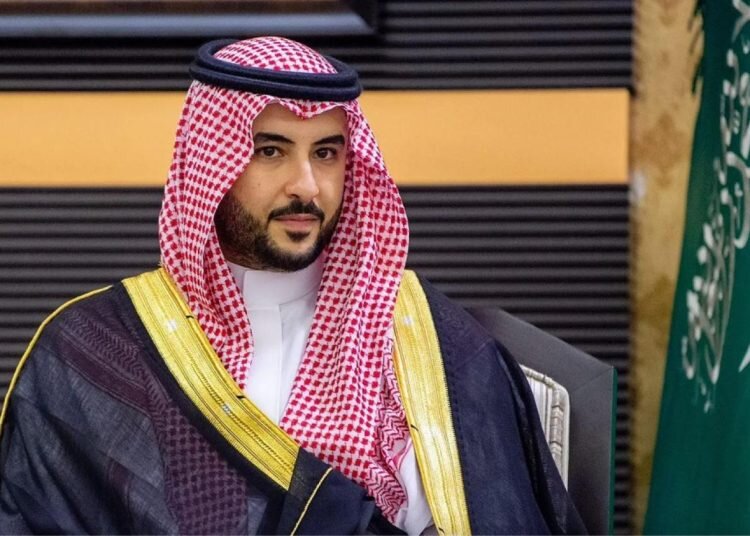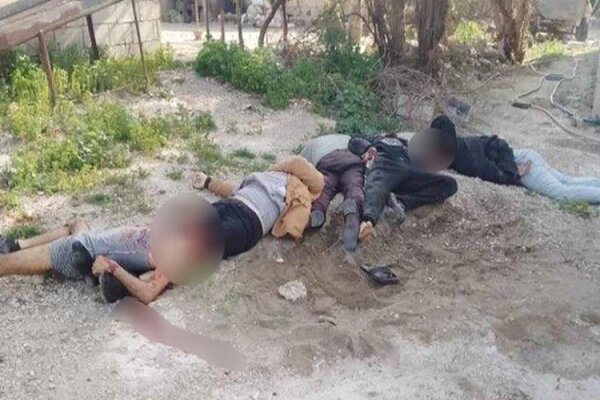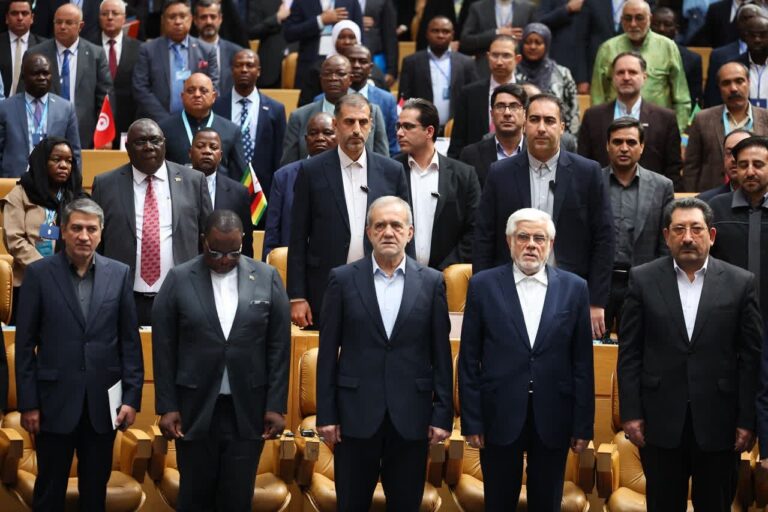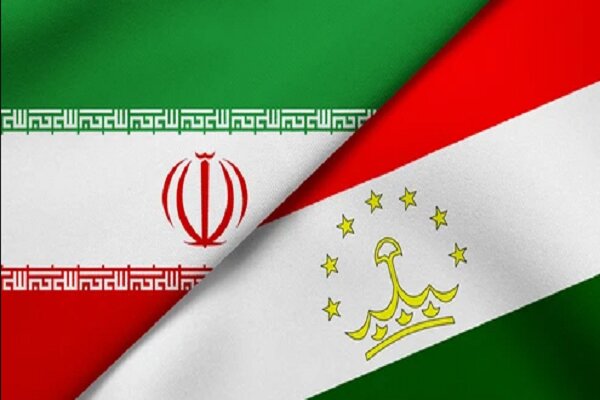Iran’s Senior Cleric Dismisses Direct Negotiations as Unworthy
In a significant development regarding Iran-US relations, Tehran’s Friday Prayers interim leader Hujjat al-Islam Kazem Sedighi addressed the congregation, shedding light on the upcoming talks set to take place in Muscat, Oman. These discussions have raised eyebrows and stirred debates, especially concerning the claims of direct negotiations between the two nations.
During his sermon, Sedighi emphatically rejected the notion of direct talks, stating, “The US President’s claim of direct negotiations with Iran is his deception. Direct negotiations are not worthy of Iran.” This statement underscores Iran’s position on the diplomatic front and highlights the complexities of their relationship with the United States.
Further elaborating on the negotiations, Sedighi noted, “From the beginning, Iran took the initiative. They said the talks should be held in the UAE, but we chose Oman instead.” This choice of venue reflects Iran’s strategic considerations and its preference for Oman as a neutral ground for discussions.
Moreover, Sedighi pointed out the issues at hand, mentioning that the United States had a broader agenda in mind. He remarked, “They (the US) wanted to talk about various issues, but the decision-makers of the Islamic regime only accepted one issue, which was the nuclear issue.” This indicates that while the US seeks a multifaceted dialogue, Iran is firmly focused on the nuclear agenda, which remains a contentious point in their negotiations.
Highlighting Iran’s advancements in its nuclear capabilities, Sedighi declared, “Today, the nuclear industry has become indigenous in Iran.” This statement serves as a testament to Iran’s efforts in cultivating its nuclear technology and resources, emphasizing their stance that any attempt to diminish their nuclear power will not be entertained.
To summarize the key points from Sedighi’s sermon:
- The claims of direct negotiations between Iran and the US are dismissed as a deception.
- Iran chose Oman as the venue for negotiations instead of the UAE.
- The focus of the talks is primarily on the nuclear issue, with Iran refusing to discuss other topics.
- Iran has made significant progress in developing its indigenous nuclear industry.
- There is no room for negotiation on nuclear power, according to Iranian officials.
This perspective on the upcoming Iran-US talks paints a picture of a nation that is resolute in its position regarding its nuclear program. The cleric’s statements reflect a broader narrative within Iran, where national pride and sovereignty are central to discussions about international diplomacy.
As tensions continue to simmer between the two countries, the world watches closely. The outcome of these talks in Oman will likely have far-reaching implications not only for Iran and the US but also for the entire Middle Eastern region and beyond. The international community is keenly interested in how these negotiations unfold and what they may mean for future relations and regional stability.
In conclusion, the upcoming talks in Muscat serve as a pivotal moment in Iran-US relations. With Iran firmly stating its position on nuclear negotiations and dismissing the notion of direct talks, the path forward remains complex. As both sides prepare for discussions, the global community is left to ponder the potential outcomes of this high-stakes diplomatic engagement.
For more updates on Iran-US relations and the implications of the upcoming talks, stay tuned as we continue to provide coverage on this evolving story.
